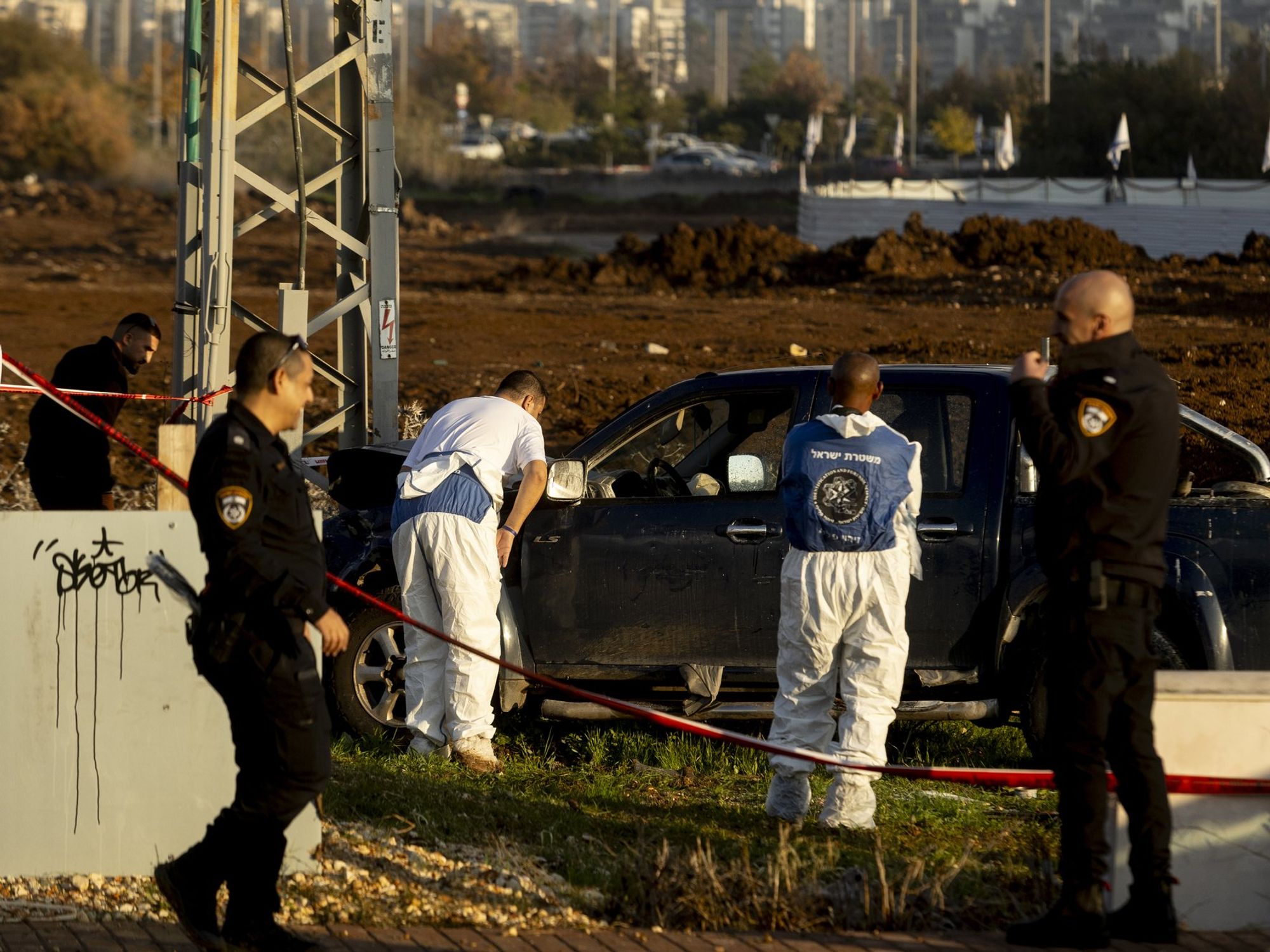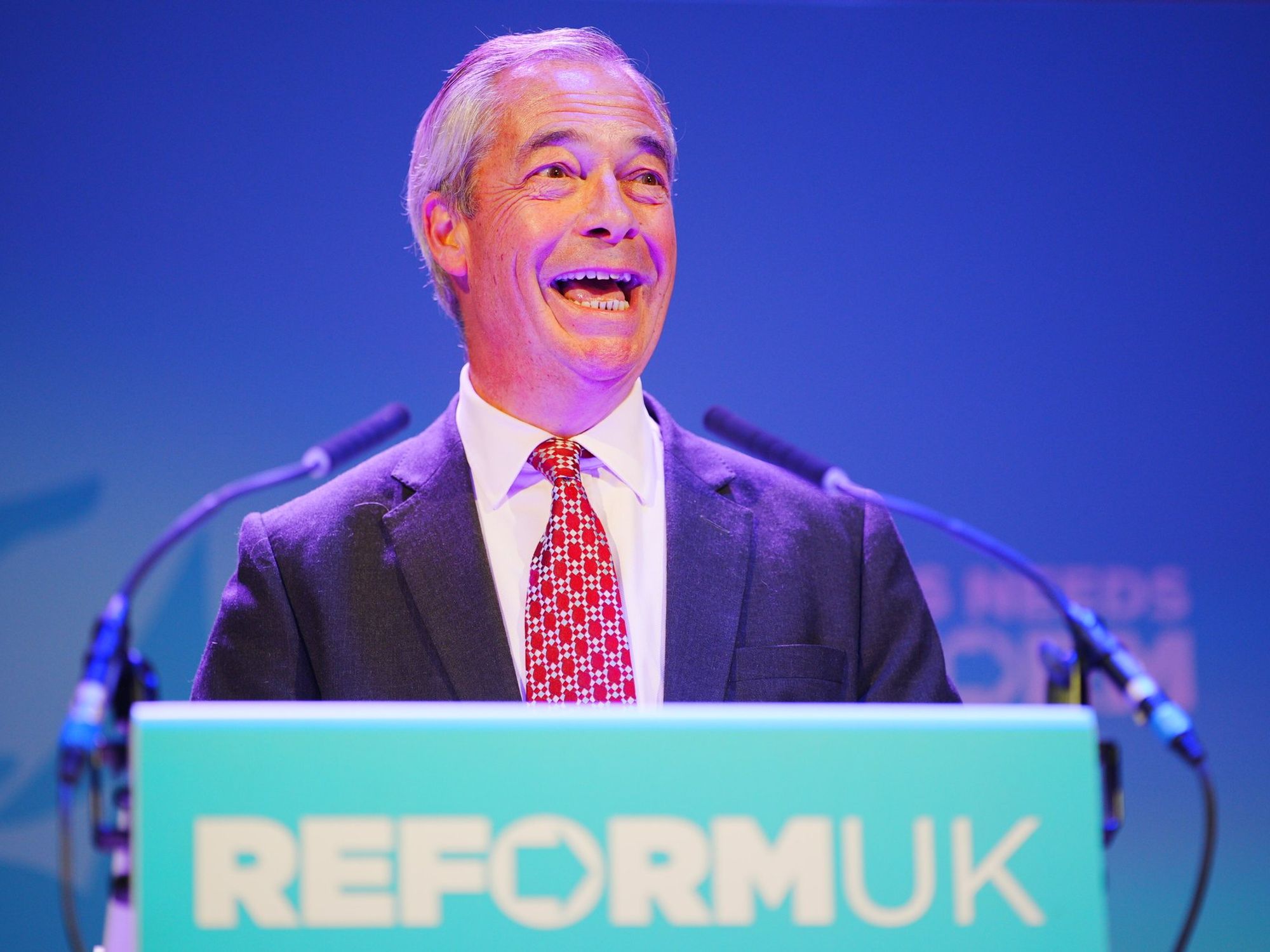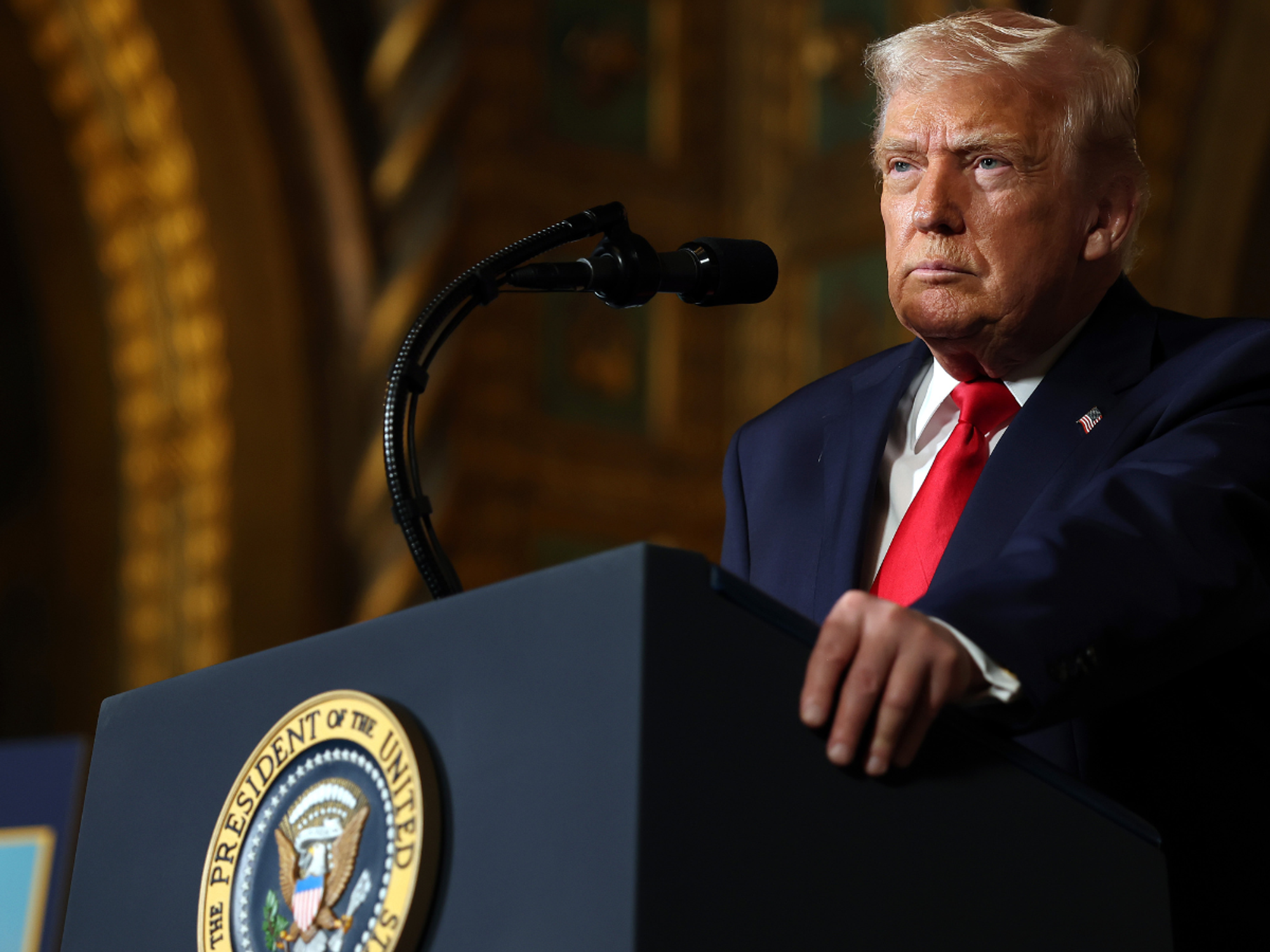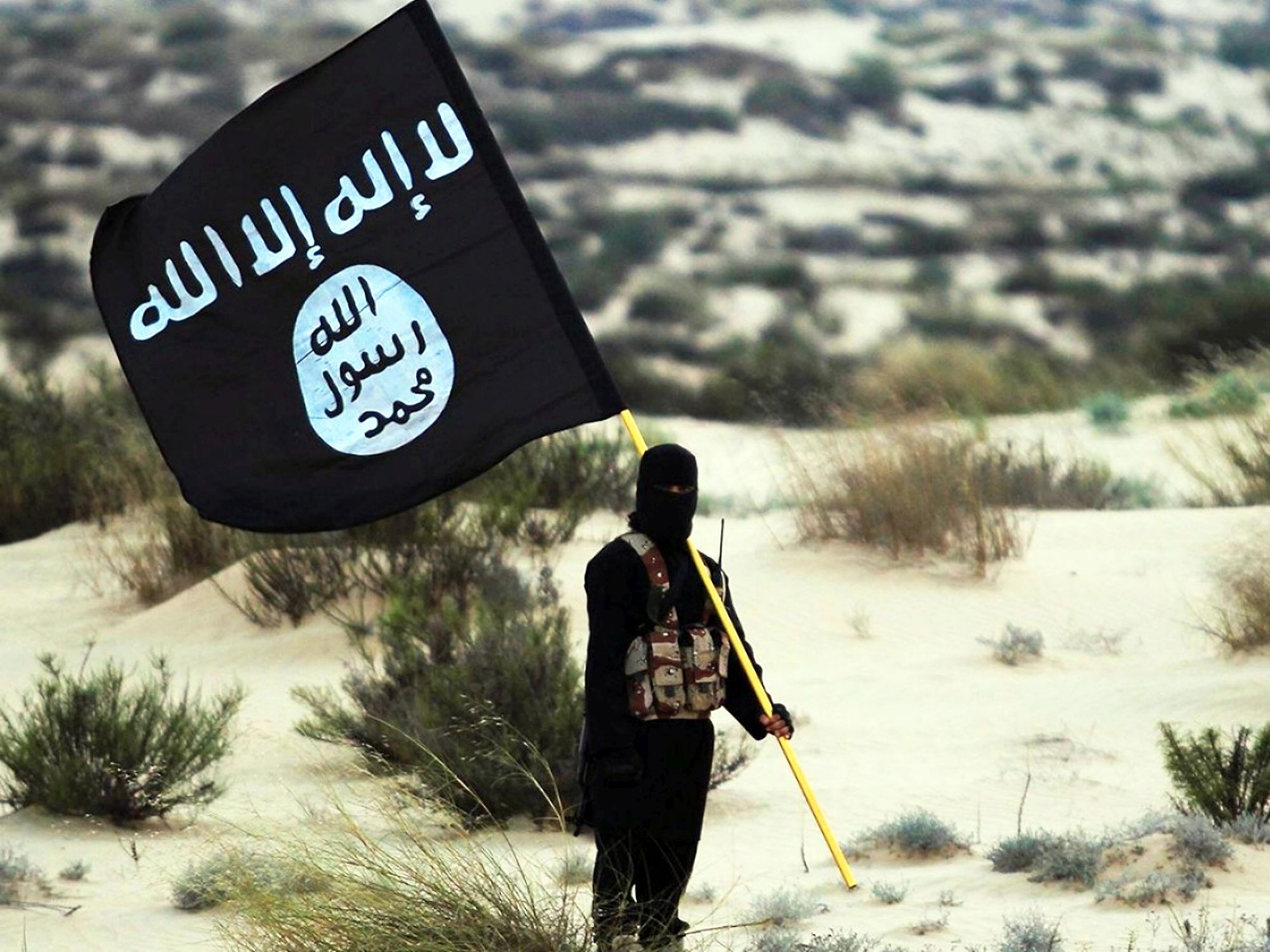Proposed conversion therapy ban risks 'religiously repressive' law, MPs told
Government launches public consultation on its proposals to create a new criminal offence for 'talking' conversion therapies
Don't Miss
Most Read
The Government risks introducing one of the most “religiously repressive” laws in centuries if it bows to pressure over how it plans to ban conversion therapy, MPs have been told.
Simon Calvert, deputy director for public affairs at The Christian Institute, said there appeared to be a drive in some quarters towards a very “theologically based ban”.
He told the Women and Equalities Committee he was concerned this could target people holding protected Christian beliefs and carrying out “ordinary, harmless practices” in churches, such as pastoral care and requested prayer.
Other witnesses said they were not calling for a ban on preaching but a ban on any practice with a “predetermined purpose to try and change” someone, and that most conversion therapy occurred in religious settings.
The Government has launched a public consultation on its proposals to create a new criminal offence for “talking” conversion therapies that seek to change someone’s sexual orientation or gender identity.
This would apply to under-18s under any circumstance, and to adults unless they had freely consented and been fully informed about the potential impacts.
Under the plans, simply expressing the teachings of a religion would not constitute conversion therapy, and it could not be “reasonably understood” to include casual conversations or private prayer.
Mr Calvert said some activists were calling for “gentle, non-coercive prayer” to be covered by the ban – which he said “can’t be right” – and were calling teaching on celibacy harmful.
He told MPs on Wednesday: “Nobody seriously, surely, wants a criminal law to stop churches teaching celibacy.
“And that’s my concern, is that a lot of the rhetoric behind this would result in us bringing in one of the most religiously repressive laws that we’ve seen in this country for centuries.
“We can’t do that. We’ve got to be focused on behaviour that deserves to be criminal, not a theologically motivated or a theologically targeted law.”
He added: “If you have a religiously neutral law which with a clear and high threshold of the kind that we’re talking about, dealing with coercive and controlling behaviour, then that can be applied in all sorts of contexts, and can protect people from genuine harm.”
Danny Webster, head of advocacy at the Evangelical Alliance, said there was also a concern that a wide-ranging ban could see churches prevented from supporting young LGBT people who ask for help.
He said: “Churches should be allowed to hold to a view of sexuality that is between a man or woman within marriage, and provide support to young people who seek it in that context.”
Also giving evidence was Jayne Ozanne, a gay evangelical Christian who survived 20 years of conversion therapy, which saw her hospitalised twice and experience a breakdown.
She said she had sought out conversion therapy and that allowing adults to voluntarily engage with such practices was a “very serious loophole, which will condemn thousands, if not tens of thousands, of people”.
The former government LGBT adviser said: “We’re not saying that preaching should be banned, that someone expressing their belief should be banned, what we are saying is that any practice aimed at an individual with a predetermined purpose to try and change them should be banned, because of the harm that is known to be caused.”
Reverend Dr Helen Hall, an associate professor at Nottingham Law School, said there was an imbalance of power and “systemic pressure” in religious settings that undermined the idea of true consent.
She said: “Yes, a person may come to this voluntarily, they may even ask for it.
“But they’re doing this in a context where they have had the message that ‘if you do not do this, you will not be an acceptable member of this community … the love and approval of your family and your peers and your social affirmation is contingent upon this, and possibly you having a place in paradise after your death is contingent upon this’.
“And the pressure that places on individuals means that they cannot give what is truly free consent.”
She added that a religious exception would enable a “lacuna where these practices can continue to be carried out”.
An Equality Hub spokesperson said: “This government is committed to banning the practice of all coercive conversion therapy in this country.
“Our proposals strengthen existing provisions and introduce an offence which protects under 18s from all forms of conversion therapy. They would also protect any adults unwillingly subjected to this abhorrent practice.
“The ban would make consent requirements for adults more robust than they ever have been before. Organisations offering talking conversion therapies to adults would be required to inform people that there is no evidence that these therapies work, and are associated with negative mental health outcomes.”











